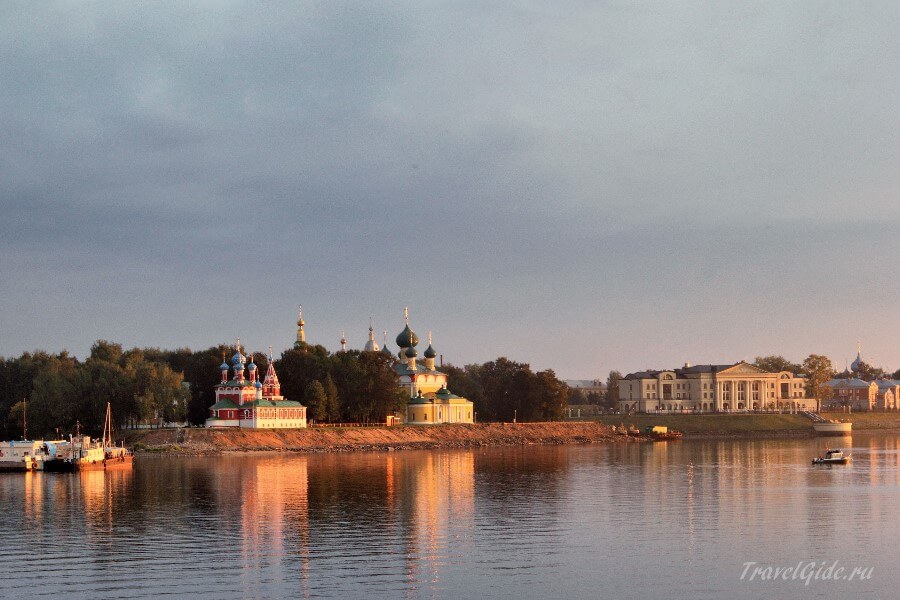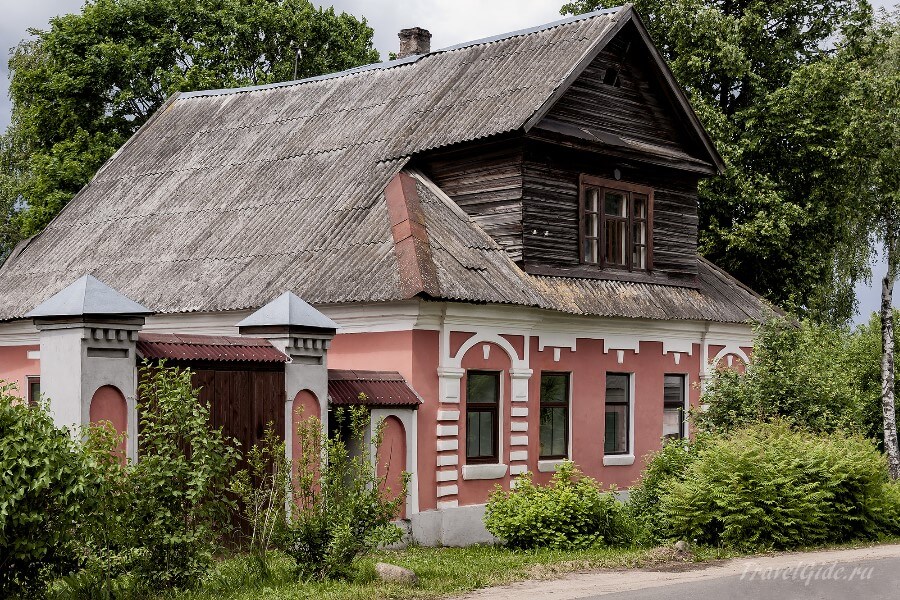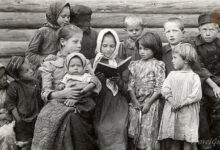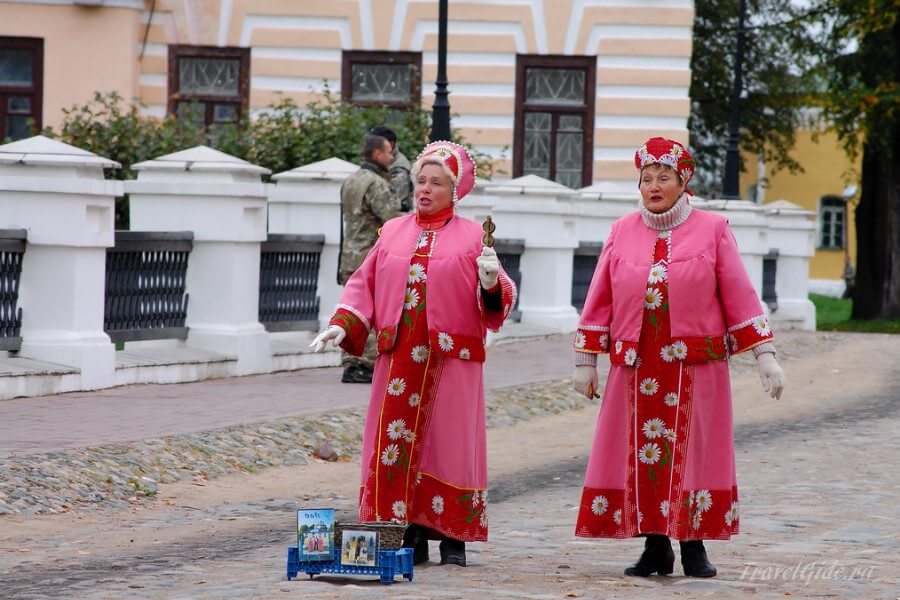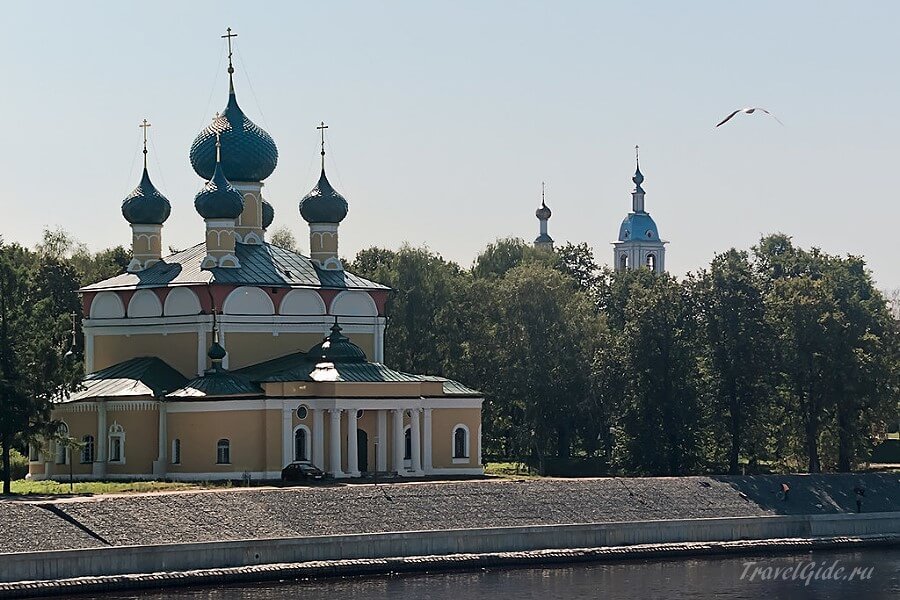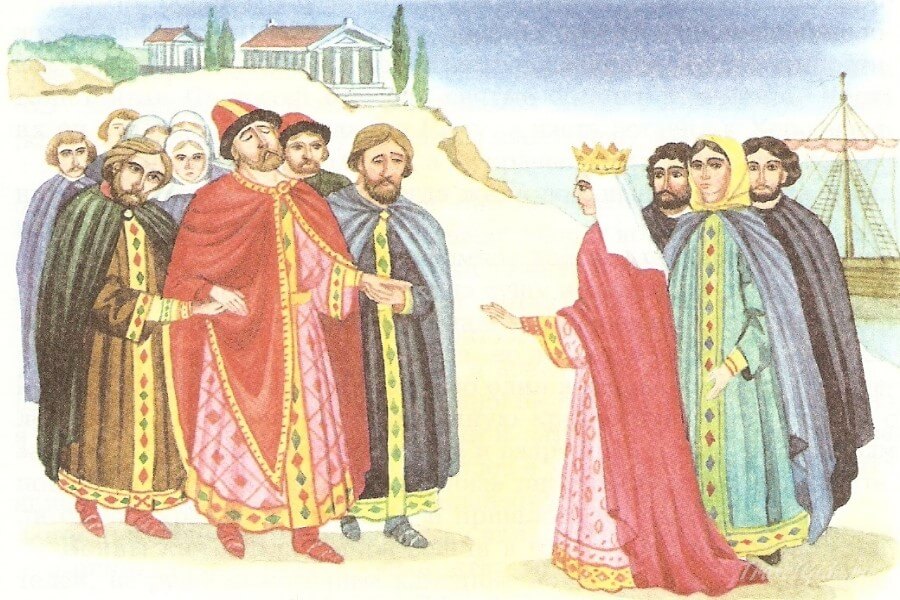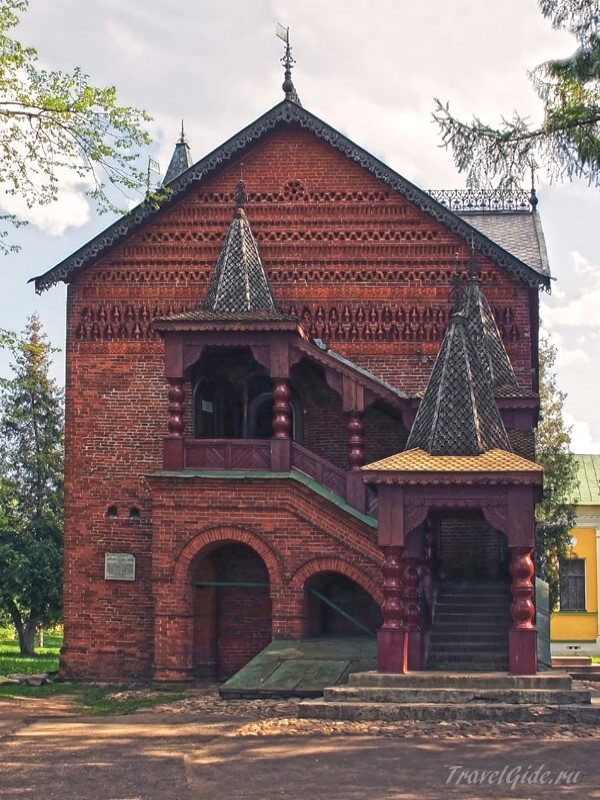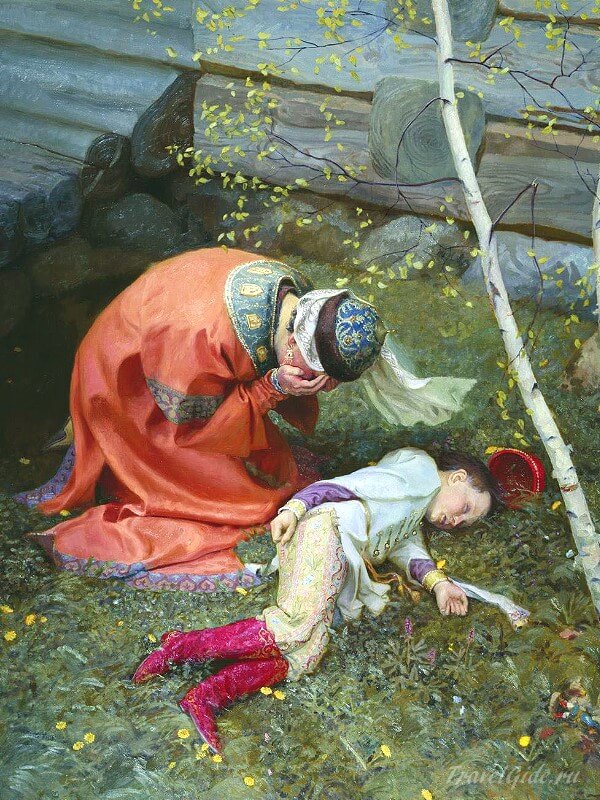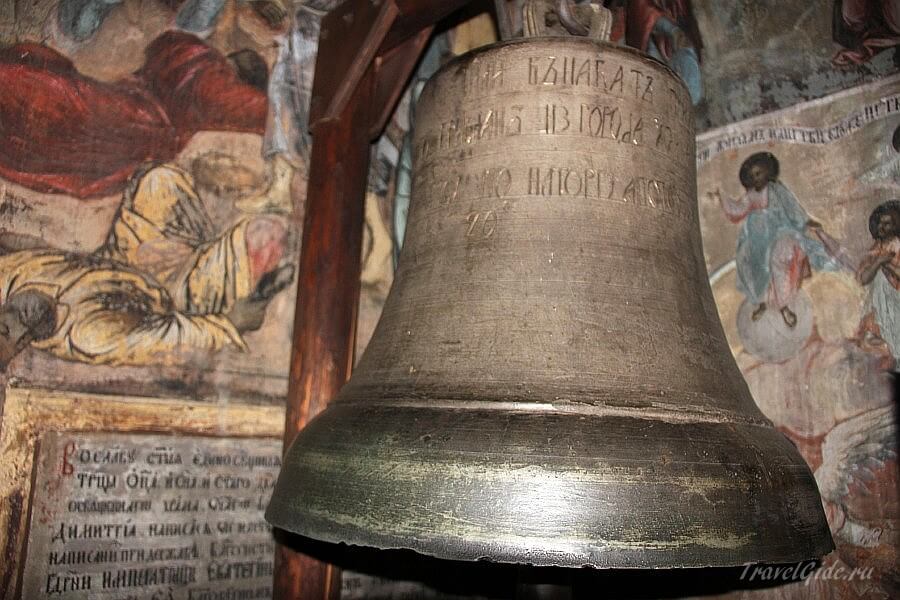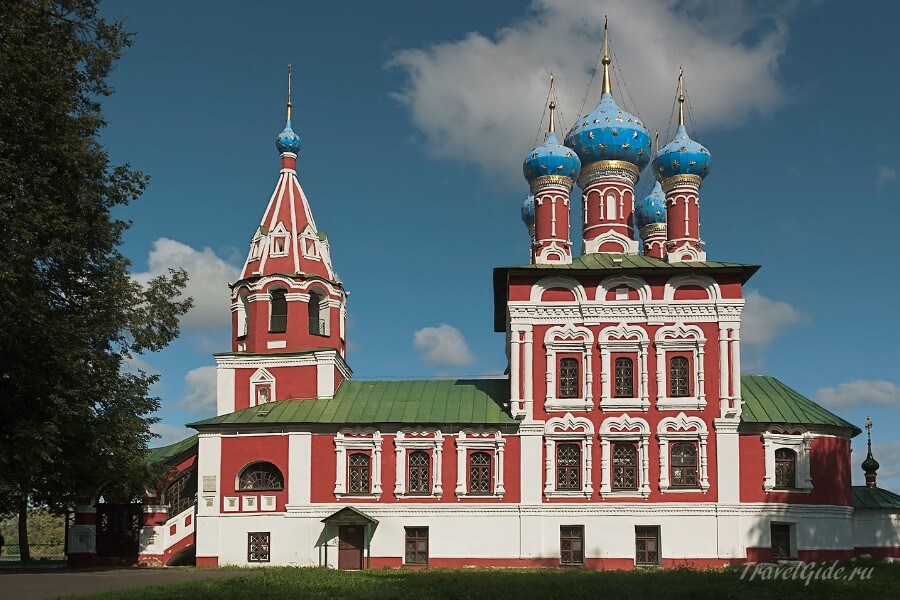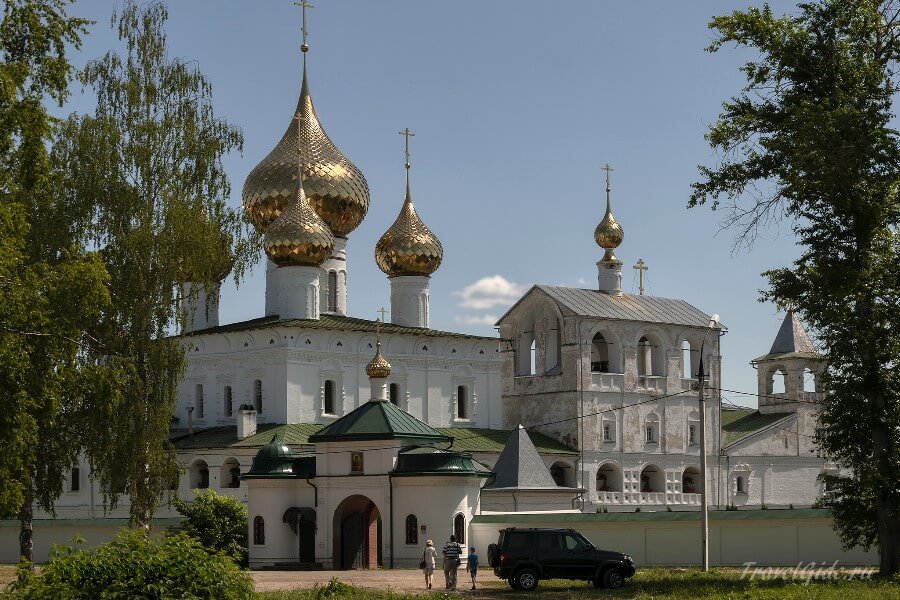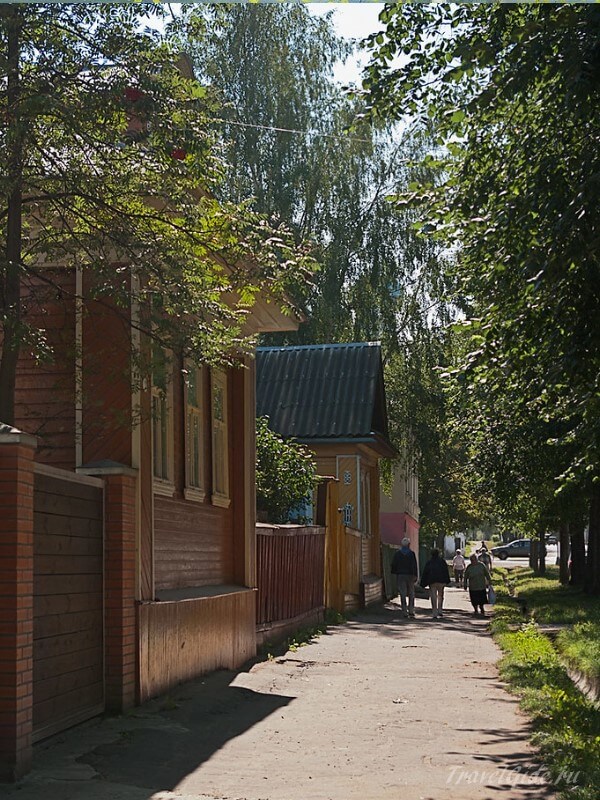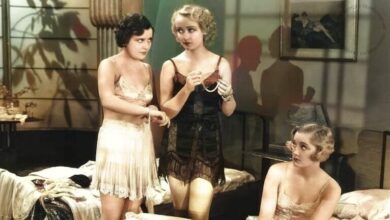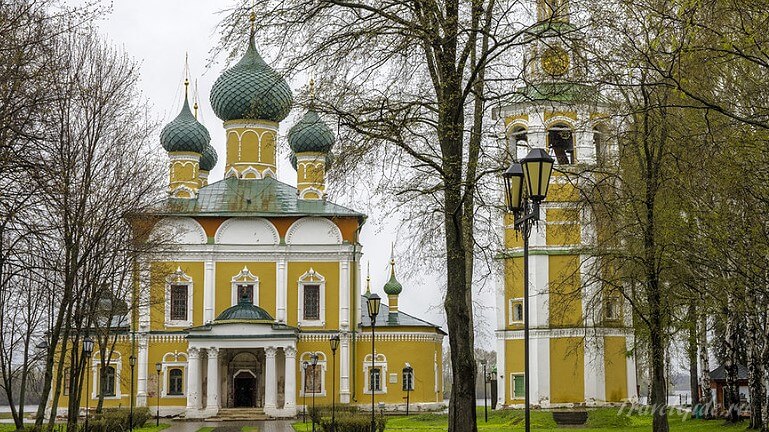
Uglich: to spite all the winds...
AT 200 kilometers from Moscow, on the banks of the Volga, there is a small ancient town of Uglich. A thousand years ago it was one of the many insignificant outposts of Rus', five hundred years ago it was the prosperous capital of the Uglich principality, and now it is a city-museum.
Uglich tourist
For the thirty thousandth Uglich, one cinema, two hairdressers, six cafes and a funeral parlor were once quite enough for a normal cultural life. True, there was also a disco in the open air, but this institution worked seasonally - while it was warm.
Today, the list of nutritionally entertaining establishments is simply amazing. Many names speak for themselves: the Russian Cuisine cafe, the Vkusnoteka cafe, the Russian Estate cafe, the Opyta restaurant and many others. There is even an Aladdin hookah bar and an iBURGER burger bar. In general, there is where to turn around.
But for many citizens, the main entertainment is the arrival of the next motor ship with tourists. Better foreign. And since such an event is repeated on a good day three or four times, then the Uglichans almost never get bored.
Tourists, of course, are brought to get acquainted with the historical monuments of the city. But before they see the first and main monument - the Kremlin, they can not avoid getting acquainted with modern handicrafts of the Uglich population.
Shopping arcades on the way to the sights abound with traditional nesting dolls and Khokhloma, embroidery and rag toys, key chains, beads, the Chaika watch from the local watch factory.
It is curious to observe how, with knowledge of the matter in pure Russian, the provincial people, no worse than the capital, “push” goods to foreigners.
It cannot be said that all this stuff is being bought up briskly, but something is leaving, bringing sellers a modest and often the only income.
Motor ships stop in Uglich for about two to four hours, which is negligible in order to seriously get acquainted with the history of the city. And she left very noticeable traces. And although not all ancient temples, churches, monasteries have survived to this day, in Uglich there is something to spend time on, there is something to see.
The Case of Tsarevich Dimitry - Ancient Uglich
In 937, the envoy of Princess Olga, Jan Pleskovich, with a retinue, stopped in the upper reaches of the Volga, who arrived to collect tribute from the local Russians. Having fulfilled the order, the governor asked permission from the princess to build a fortress here, on the bend of the river.
From the fortress, the city grew, which began to develop rapidly, grow rich, and by the 14th century gained such strength and independence that it began to mint its own coins.
In the second half of the 15th century, one of the subsequent owners of Uglich, Prince Andrei Bolshoy, brought the matter to full prosperity. The treasury was full and the prince, a connoisseur and connoisseur of the arts, spent money on the construction of a magnificent ensemble of stone buildings of the Kremlin.
Unfortunately, the cruel course of history destroyed almost all the buildings, and we can judge the magnificence of the ensemble only from the descriptions of the chroniclers and the only building that has survived to our time - the princely chambers. It was these princely chambers that were destined to witness tragic events in the future.
After the death of Ivan the Terrible, his son, the legitimate heir, the one-year-old Tsarevich Dimitri, was exiled to Uglich along with his mother Maria. The exiles were given princely chambers. The prince lived in Uglich for seven years.
A month before his eighth birthday, on May 15, 1591, Demetrius was killed. However, this is only the version put forward by some scientists, based on the fact that the death of the boy as a potential rival in the struggle for power was beneficial to Boris Godunov.
Based on the materials of the investigation of that time, conducted by Vasily Shuisky, another conclusion was made: Dimitri "accidentally" stabbed himself, falling on a knife while playing "poke".
The death of the prince caused a spontaneous revolt of the townspeople, which was suppressed in the most cruel way. The tongues of the rebels were cut, the instigators were hanged, more than 180 families were sent to an eternal settlement in Siberia.
The church bell, which announced the death of Demetrius, was also punished, the ringing of which raised people to revolt. They threw him off the bell tower, flogged him in public, pulled out his tongue, cut off his ear and sent him away from his eyes to Tobolsk.
The bell, which arrived at its destination, puzzled the Tobolsk governor a lot. After thinking, the chief designed him "the first exiled inanimate from Uglich."
Two centuries later, a beautiful church was built on the site of the death of the heir. It was called so - the church of Tsarevich Dimitri "on the blood." It still flaunts on the Kremlin hill and is perfectly visible from the Volga. The exiled bell was also returned here from Tobolsk.
Uglich in other times
Uglich survived the invasion of the Polish-Lithuanian armadas. The foreigners had little concern for Orthodox shrines, and they razed more than 140 churches to the ground.
The Bolsheviks completed the destruction in the last 20th century. They destroyed 30 churches. But, despite all this barbarism, the city has preserved a dozen and a half magnificent monuments of antiquity.
The 17th century left a memory of itself with the construction of the grandiose ensemble of the Resurrection Monastery, which includes the Cathedral of the Resurrection, the Church of Smolensk with a refectory, and a belfry.
At the same time, the Church of the Nativity of John the Baptist "on the Volga", the Church of Flora and Laurus appeared. The next century was marked in Uglich by the construction of several churches and residential buildings of wealthy citizens of the Voronins, Grigorievs, Kazimirovs, Kalashnikovs, Odintsovs ...
The golden age of Uglich lasted until the beginning of the last century. In 1912 there was a terrible fire in the city. The paper mill that fed half the population burned down. Haven't been able to restore it. The first world war prevented, then the revolution. Uglich began to turn into a remote province.
The main rule of Uglich is “I live, I don’t grieve”
The time of perestroika became for the city something similar to the beginning of the last century. Only now it was not the factory that burned down, but the watch factory stopped. In the Soviet era, the household was kept on his shoulders, and almost every family had a relationship. Now the plant employs about 100 people.
But, oddly enough, the decline is not noticeable. Personal plots and natural ingenuity help out. About 70 percent of the townspeople live in private houses and have long ceased to rush into new brick buildings with their eternal interruptions in water and heating. Someone hit into big commerce, and someone trades on the pier.
Not noticeable in Uglich pessimism. And even somehow vice versa. You walk along the semi-village streets or go out to the Volga - except for a feeling of peace and unity with this ancient land, you experience nothing.
Probably, in the Russian outback it is generally impossible to worry about something. Such is its beneficial effect. It is no coincidence that, having survived so many troubles, people remained here kind and hospitable.
